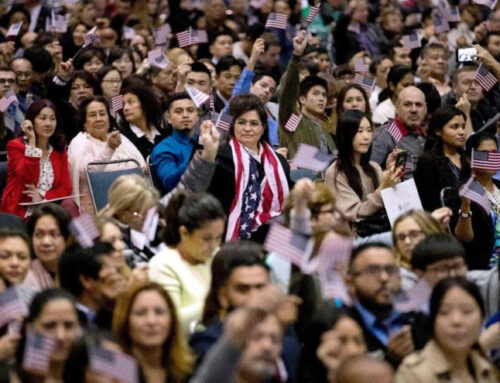One of the hallmarks of a civilized political system is respect for the right of a fair trial. In the United States, the right to a trial by jury in criminal cases is regarded as fundamental to the American scheme of justice. If defendants are to receive a fair trial, assessments of their guilt or innocence should be decided in the confines of a controlled courtroom by an impartial jury, uncontaminated by the frenzy of a sensationalistic press barrage.
Although our system of criminal justice has many significant deficiencies, the overwhelming majority of criminal defendants who go to trial are tried by a jury that has not been contaminated by pre-trial publicity. Their stories are not sufficiently newsworthy to garner press attention. But some defendants are not so lucky. In their circumstances, the press is eager to publish all the evidence they can find without regard to the effects on prospective jurors.
Even in small town Ithaca, N.Y. where I live, there are sensational cases in which the risks that a jury has been contaminated are all too real. For example, this morning the Ithaca Journal reports on an arrest for murder in my neighborhood, and dutifully repeats statements from the police that the defendant made incriminating statements to a friend and confessed to the police. See here. As is too often the case, right from the start, the defendant is being tried in the press.
Some argue that searching questions of jurors can cure pre-trial publicity. If you believe that I have a bridge to sell you. Many jurors lie to get on juries, and many lie to stay off juries. Sometimes jurors maintain they have heard no publicity about a case only to remember later that they had heard damaging information about the defendant.






Leave A Comment